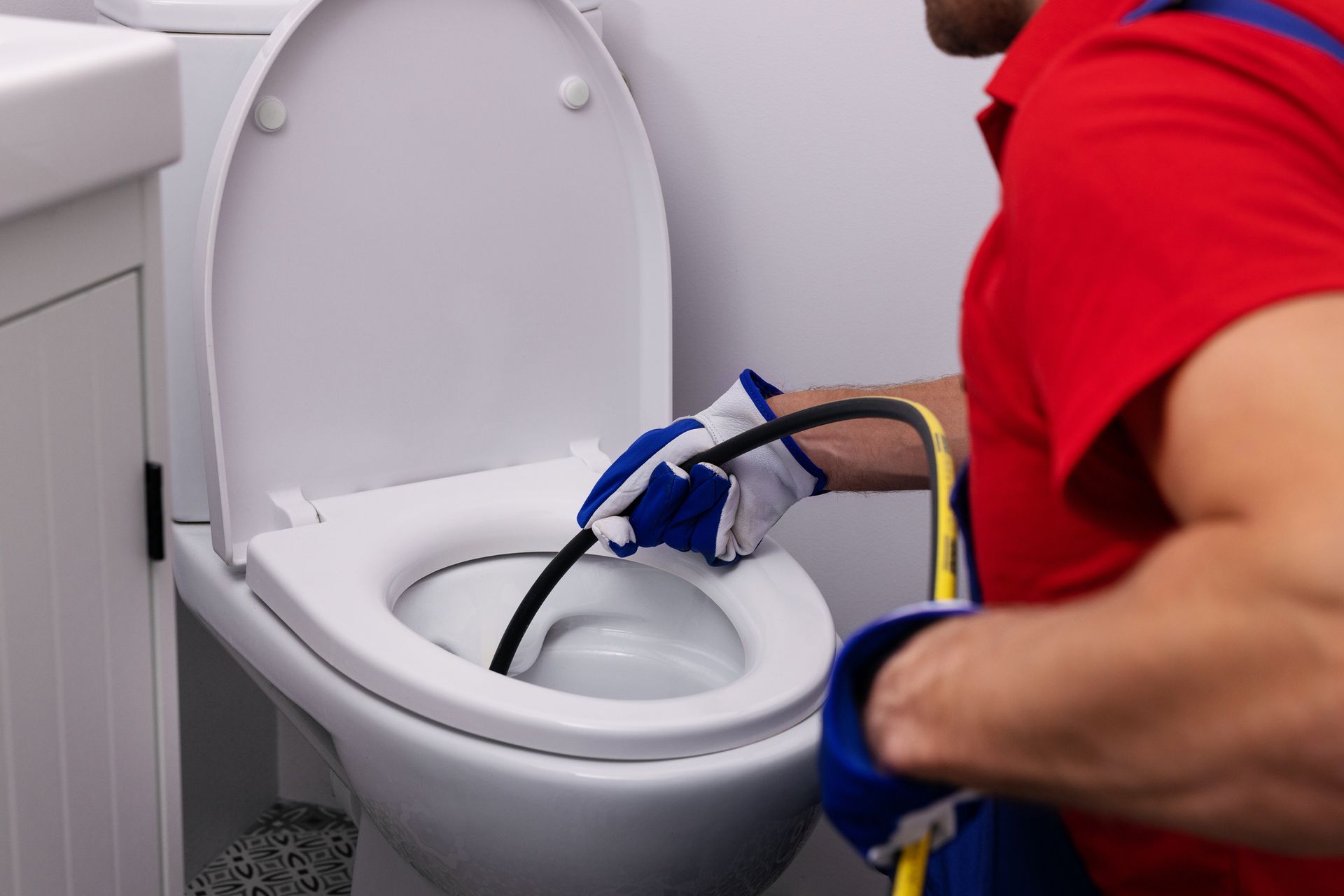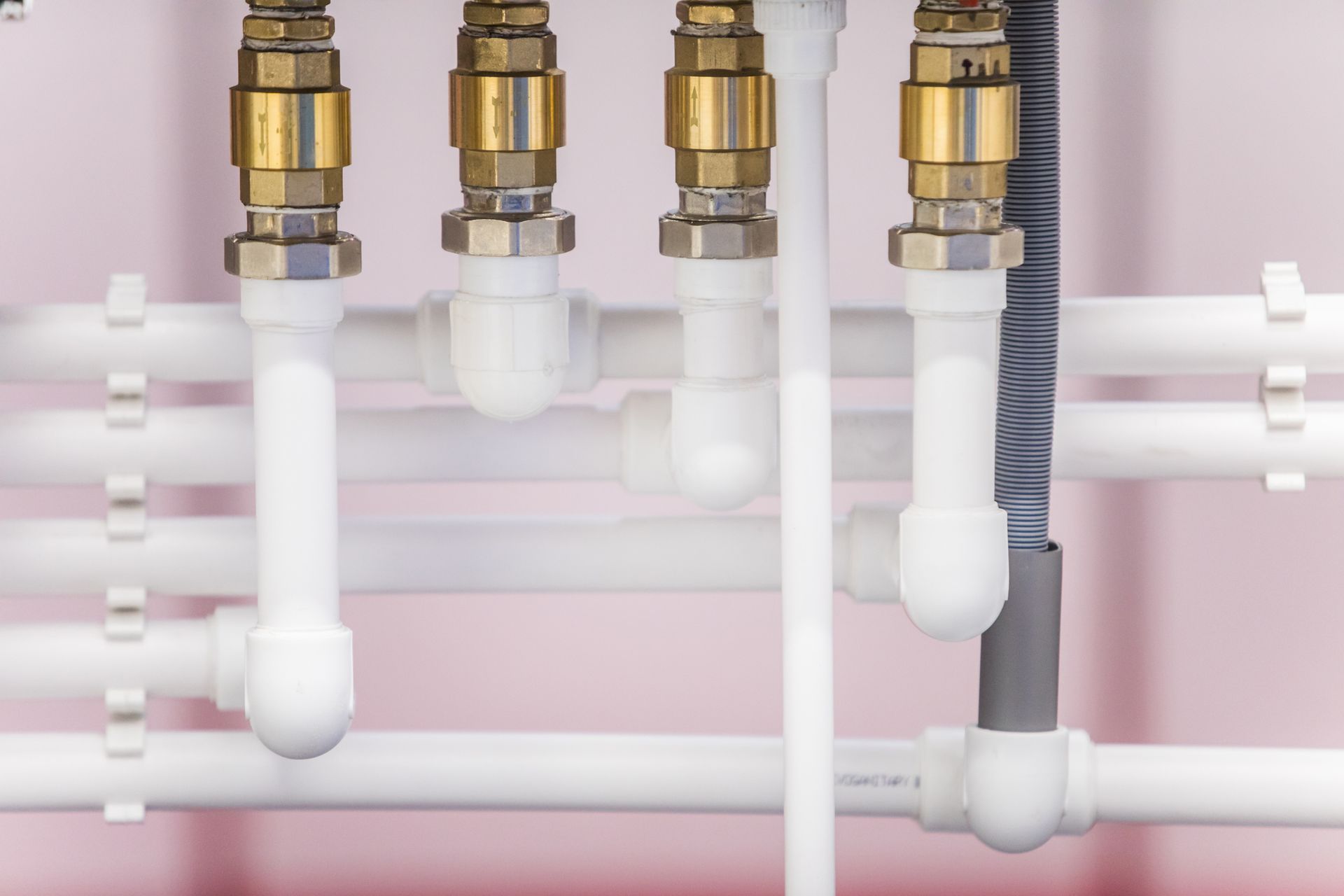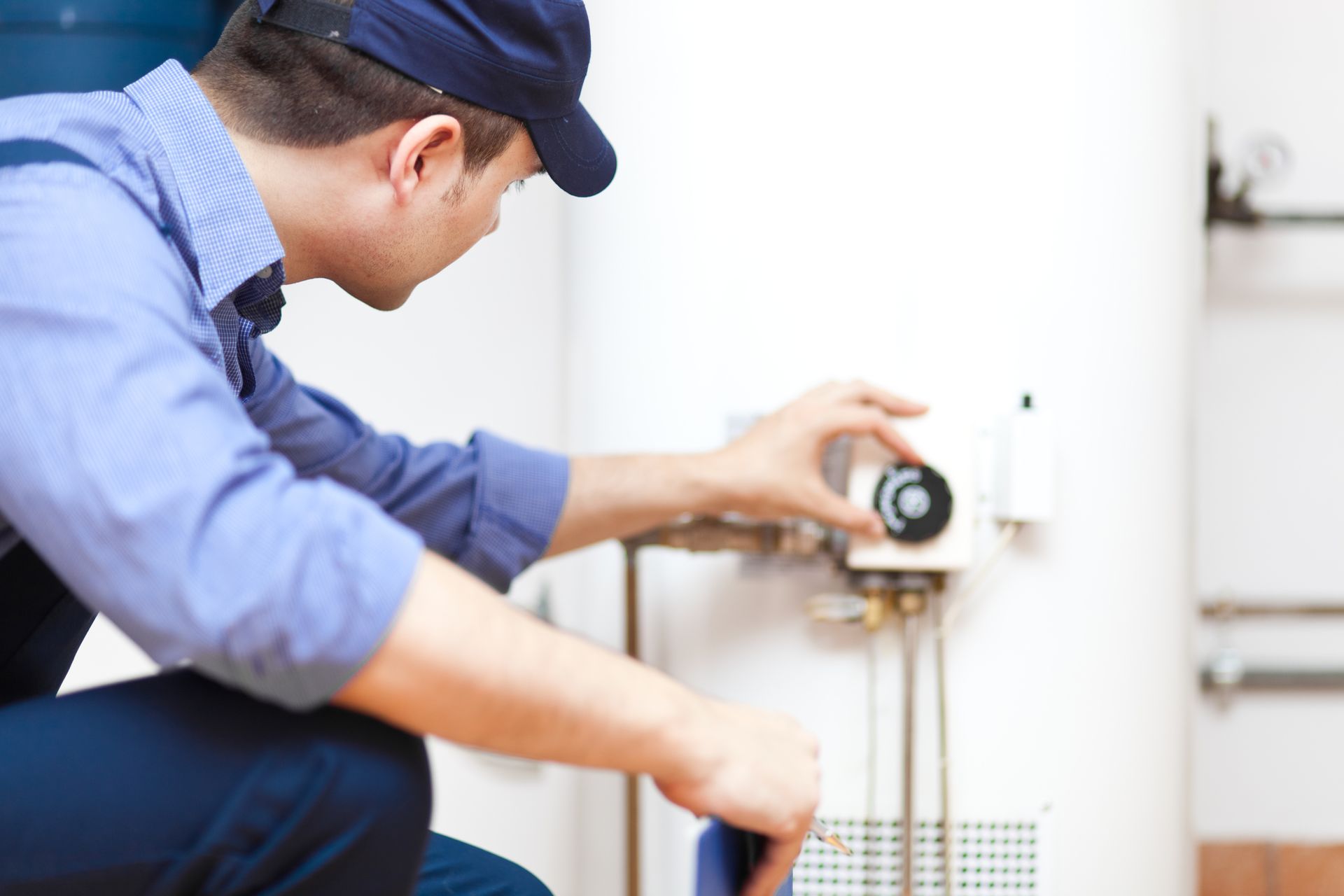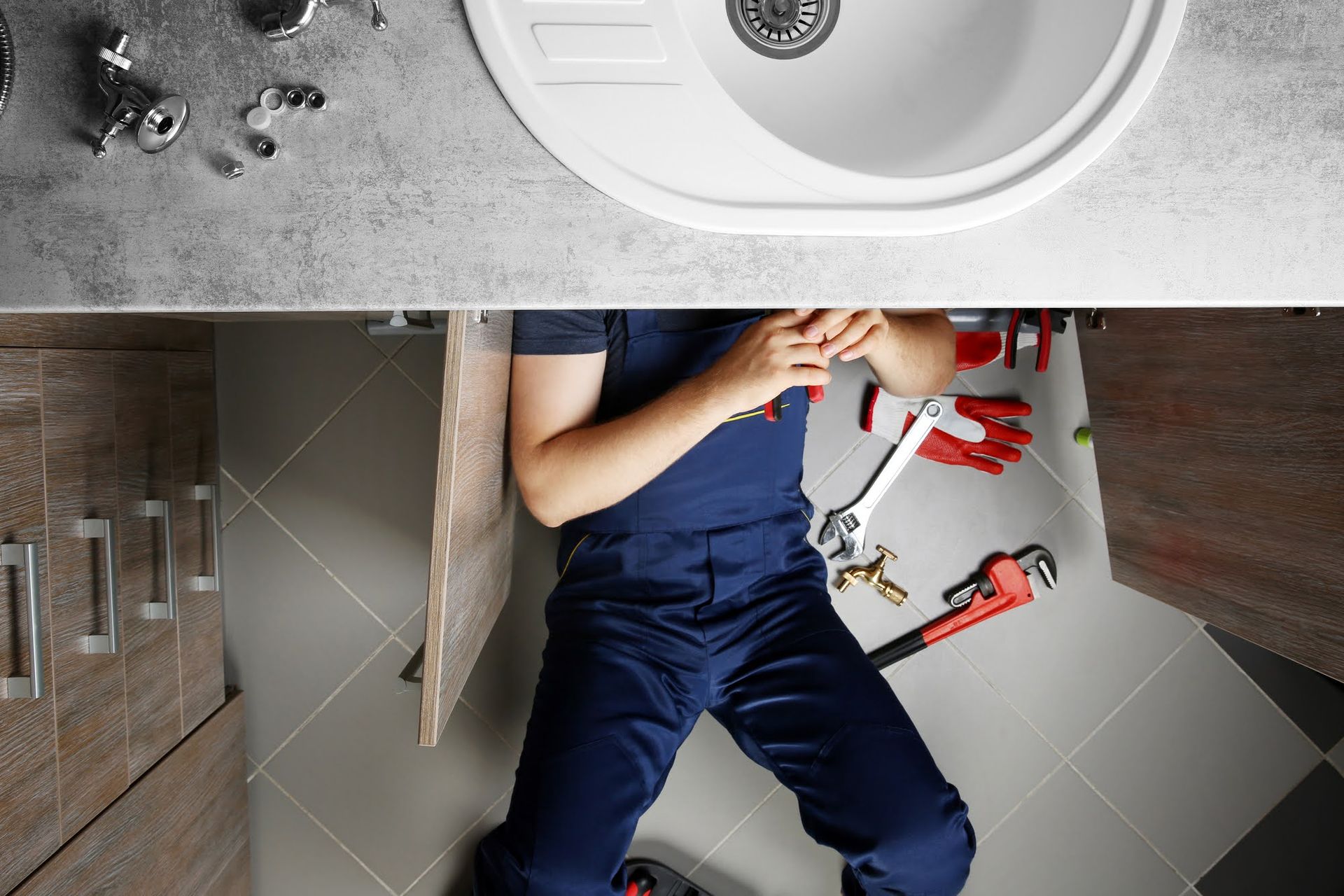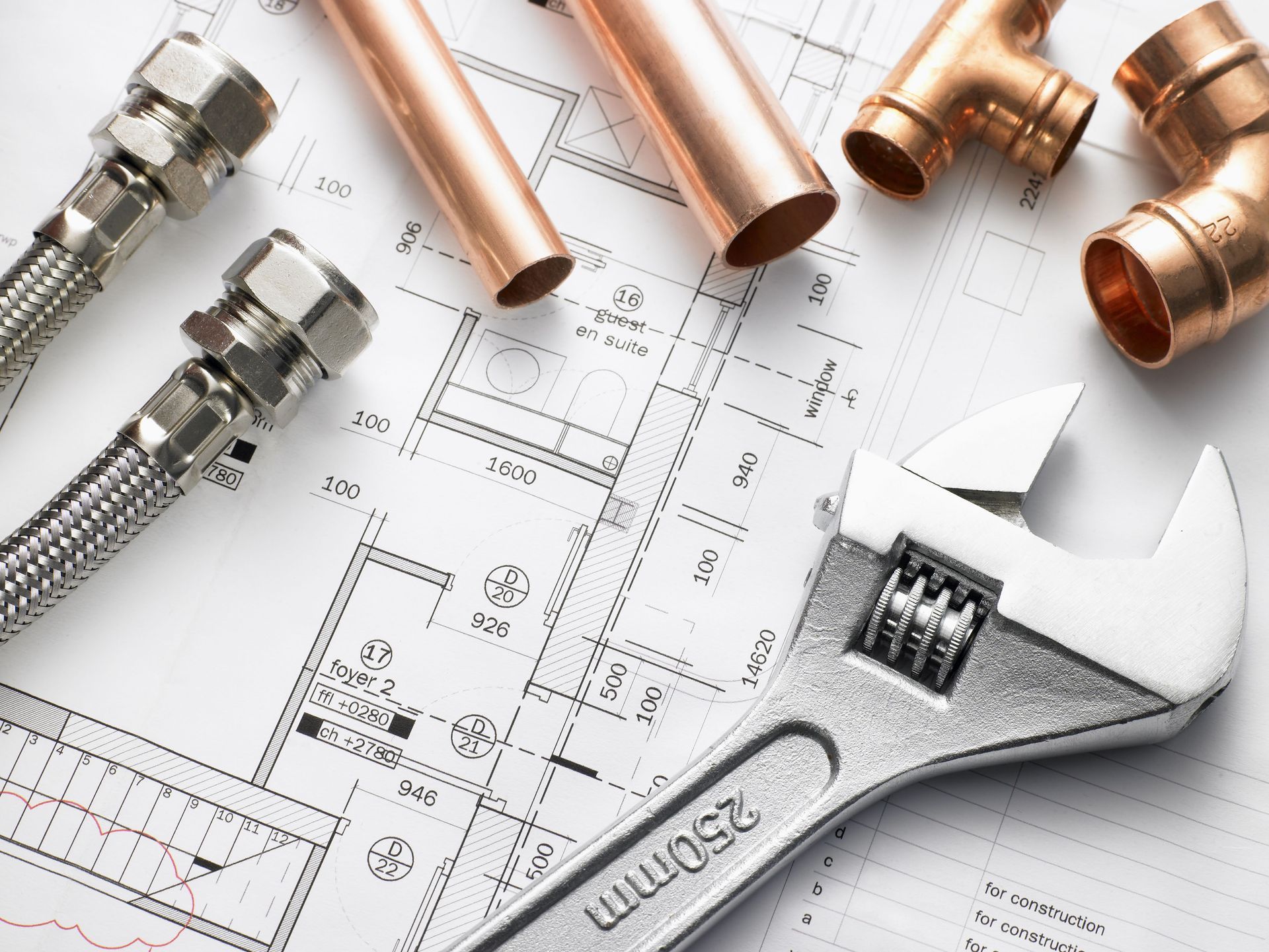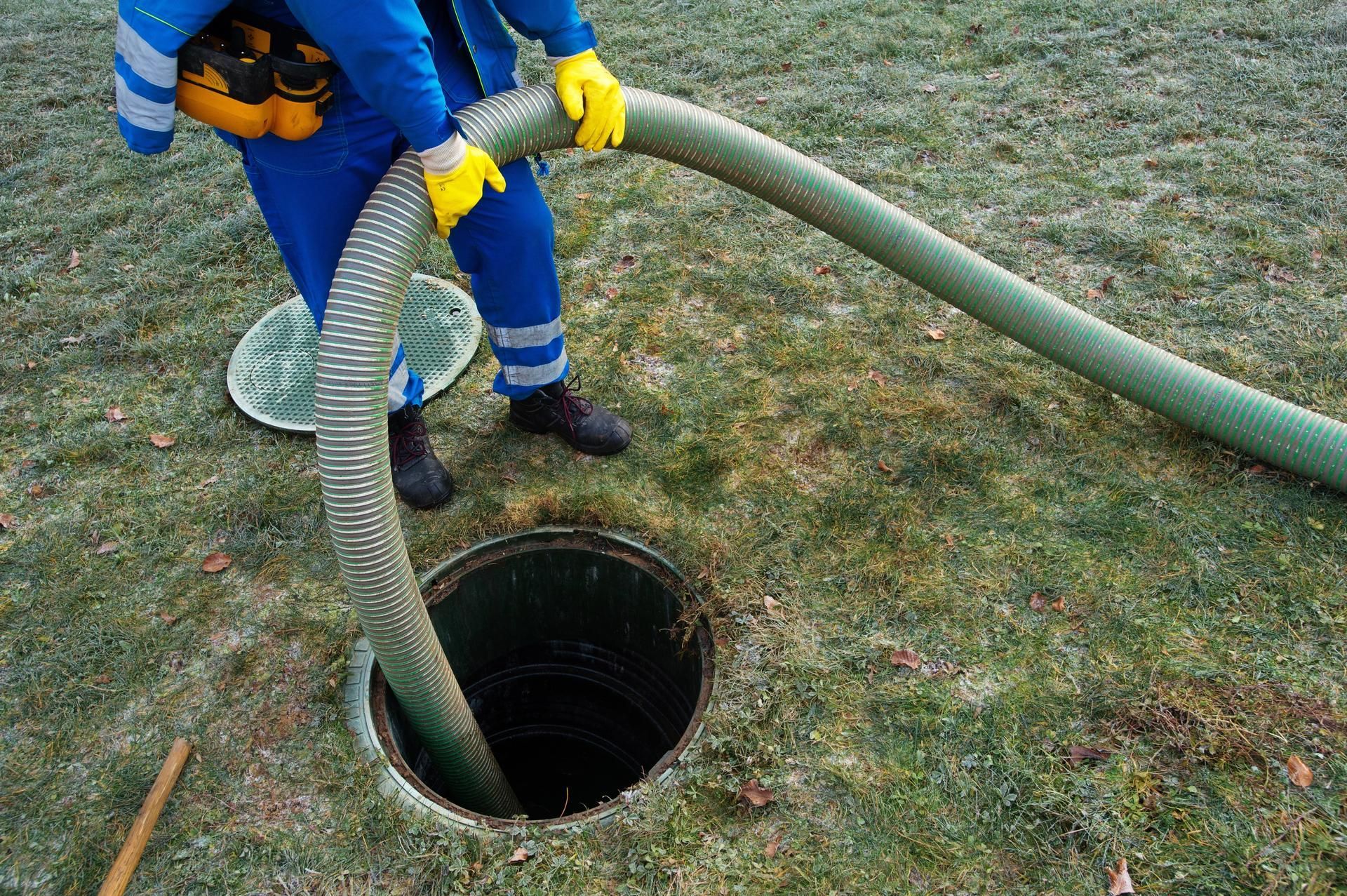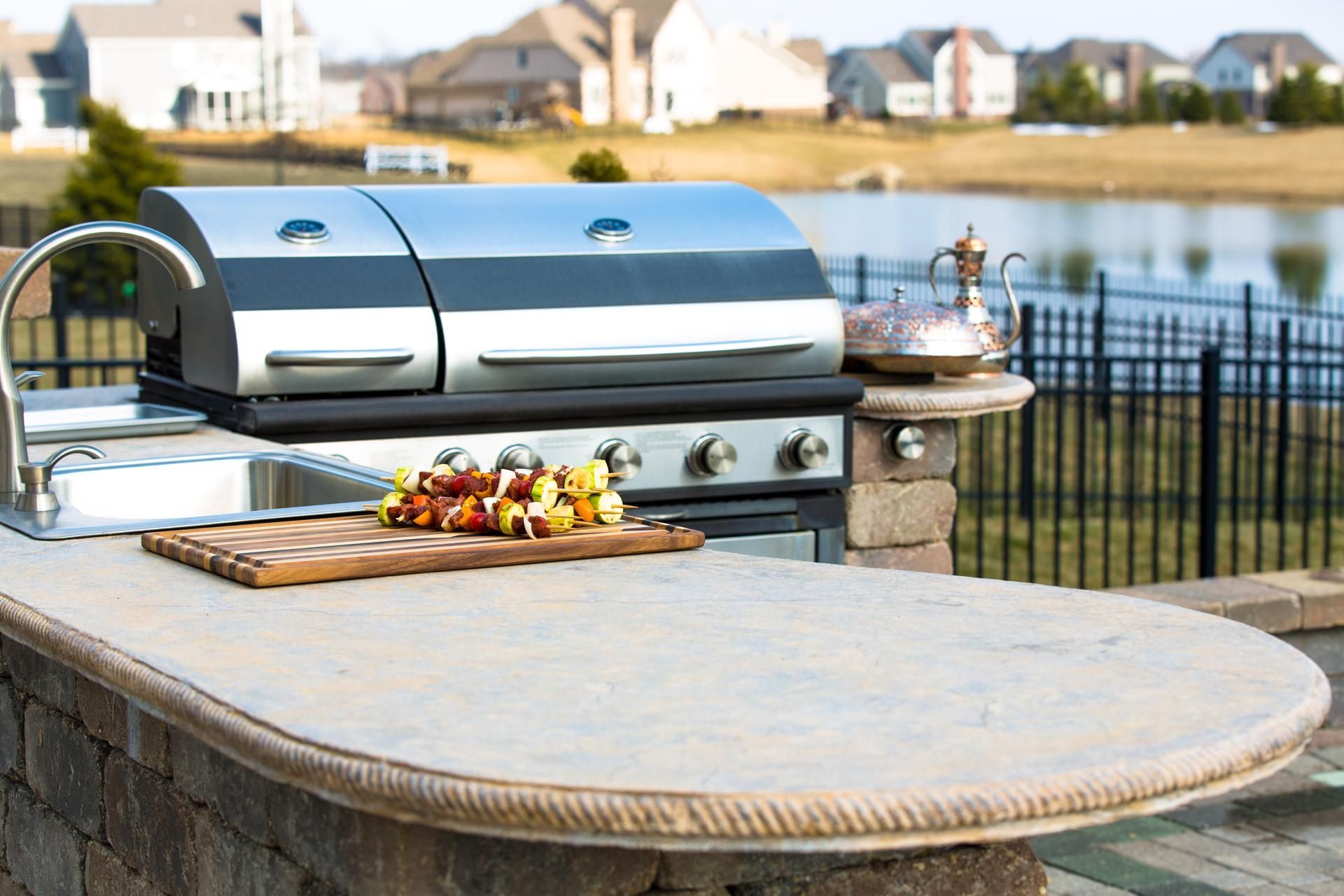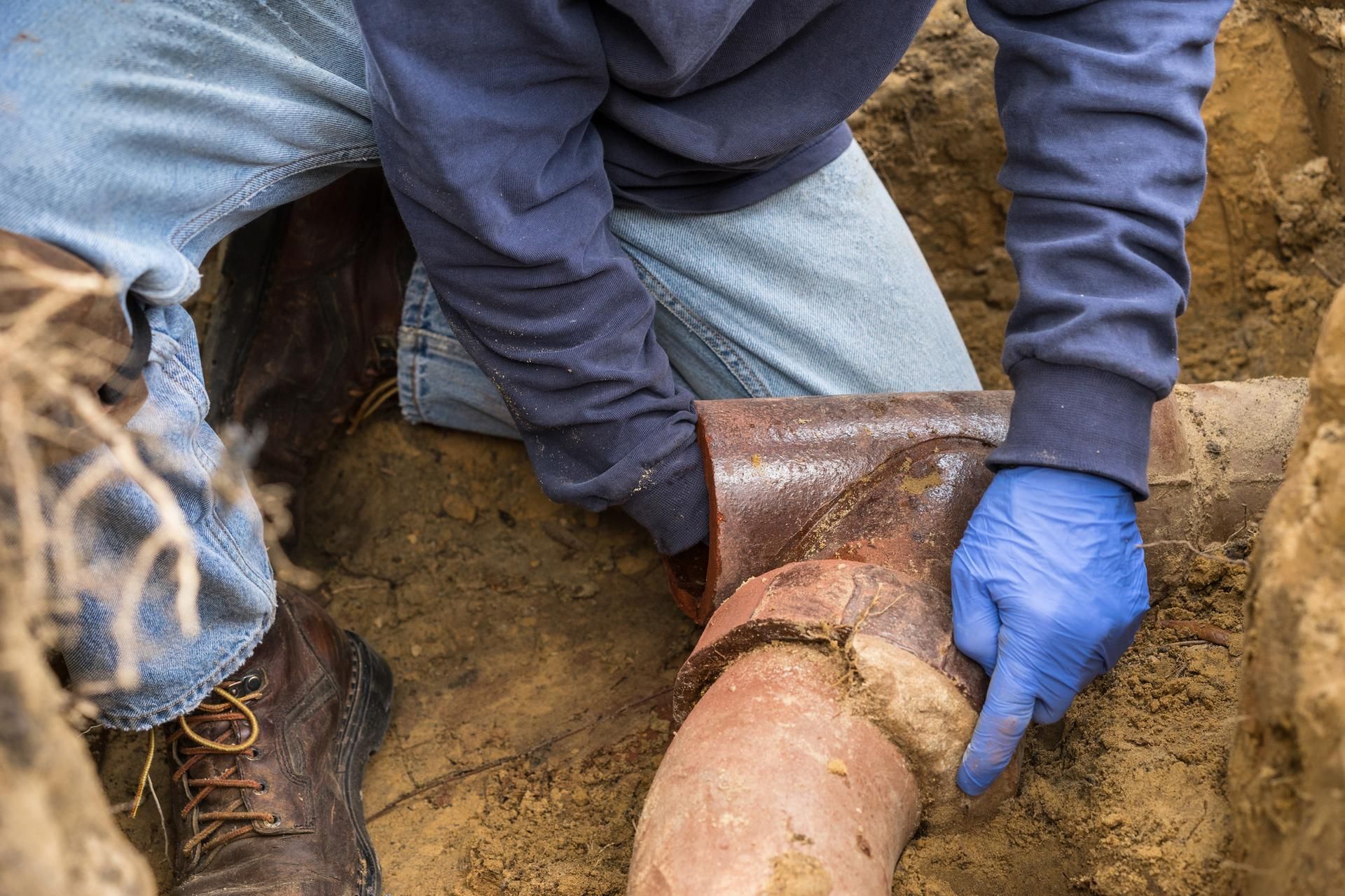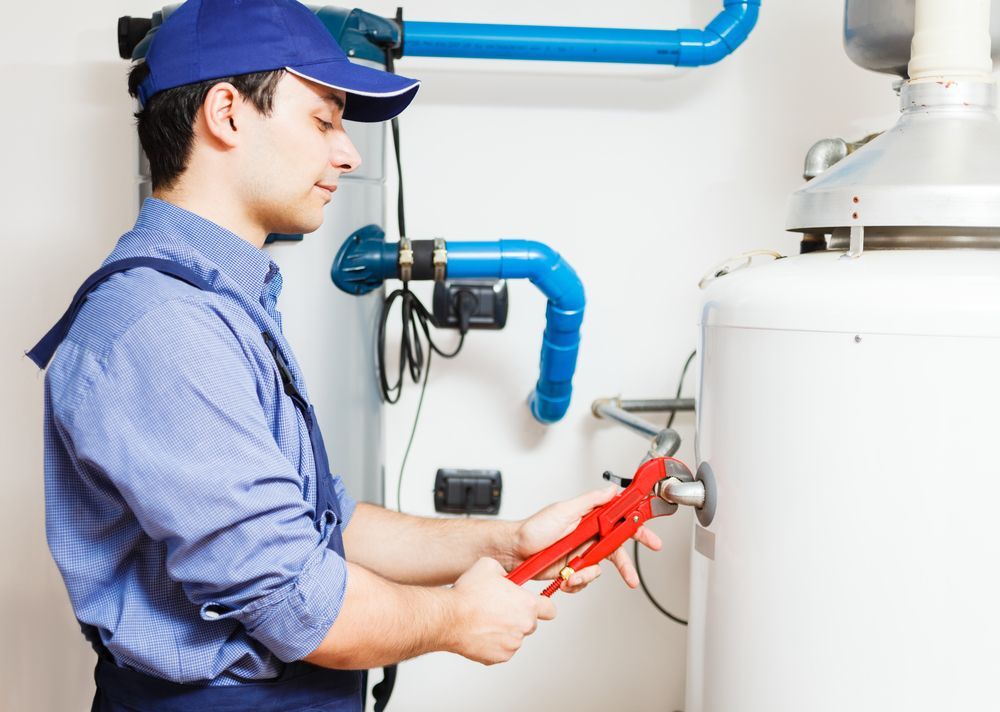FAQs About Repiping and Home Improvement | Michigan Plumbing
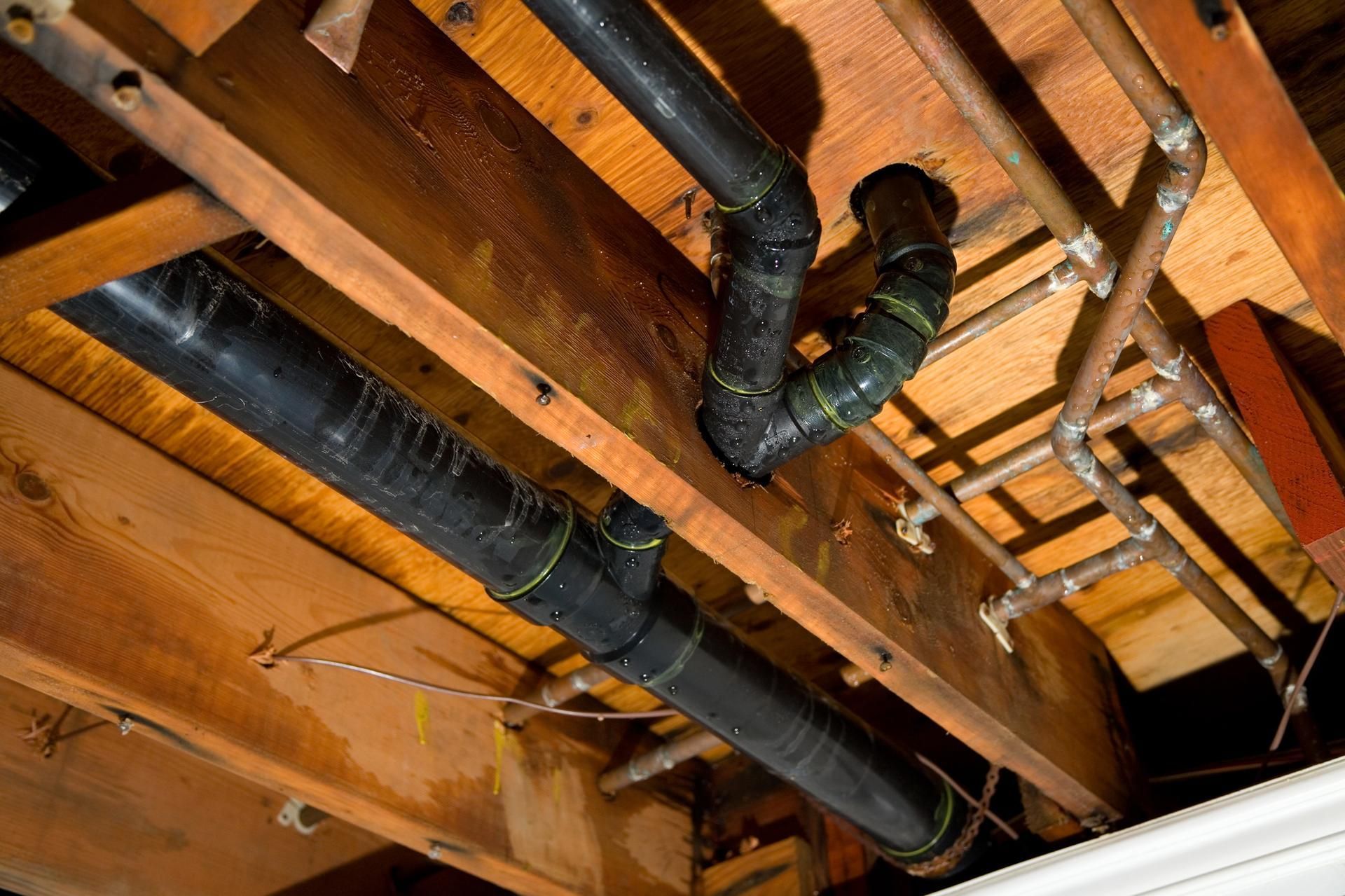
Should you repipe your home when you renovate? If you're ready to start a major home improvement project, you may not be sure if you should or could replace the pipes. Before construction gets under way, take a look at what you need to know about home renovation, plumbing systems, and pipe replacement.
Why Should You Repipe Your Home?
Your home's plumbing system isn't something you normally think about—until there's a problem. But if you're ready to renovate and you haven’t noticed serious plumbing issues, you may wonder if a repiping service is necessary right now.
There is more than one reason to repipe a home. Obvious issues such as cracked, corroded, or damaged pipes are prime culprits behind the need for this service. Along with significant wear and damage, you may also want to repipe your home if the plumbing system is past, at, or nearing the end of its expected lifespan.
Older copper water lines can last for 70 years, according to the International Association of Certified Home Inspectors ( InterNACHI ). Acrylonitrile butadiene styrene (or ABS) and polyvinyl chloride (PVC) waste pipes have a 50- to 80-year lifespan. Cross-linked polyethylene (or PEX) piping has a slightly shorter lifespan of 40 years.
If your pipes are more than half-a-century old, you may want to replace them during your renovation project. You may also want to replace younger pipes that leak, clog quickly, or require constant repairs.
Why Is This a Good Time to Repipe Your Home?
You can replace the plumbing system any time that you want. But a major home renovation is an ideal time to repipe. If your home has slow drains, leaks, and older pipes, you don't want to wait to replace the plumbing. The longer you wait, the more likely it is that the plumbing system could damage other areas of your home.
Not only can leaky pipes and backups cause water damage, these plumbing-related issues can also increase the risk of mold growth and attract pests to your home. If you will need to tear out walls, floors, and ceilings, for your home improvement project, you are already partially prepped for home repiping.
A pipe replacement isn't a surface-level home improvement job. The plumbing contractor will need to reach the components of this system. Unlike the fixtures and appliances—such as toilets, sinks, tubs, and showers—the pipes are hidden behind walls, in ceilings, and under floors. To reach these plumbing parts, the contractor will need to tear through drywall, plaster, tile, wood, and other similar materials.
Instead of demolishing parts of your home, rebuilding, and later tearing out the newly placed walls, ceilings, and floors to reach the plumbing system, coordinate a repiping service with the rest of your home remodeling work.
Can a General Contractor Repipe During Home Renovations?
Some general contractors may offer this service. But this doesn't mean you should ask the professional who hangs drywall or installs your wooden floors to also repipe your home.
A full pipe replacement is a complex service that requires the experience and expertise of a licensed master plumber. Instead of asking your general contractor to add this project to your list of other home renovations, hire a plumber to repipe.
When Should You Schedule a Repiping Service?
Because the plumber will need to tear through walls, ceilings, and floors to reach the pipes, schedule the plumber's services in between demolition and the completion of your home renovation project. If you also want to replace plumbing fixtures—such as a kitchen sink or bathtub—make sure the new fixtures are ready for installation before you set up a repiping service. This allows the plumber the place the pipes correctly and install the new fixtures.
Do you need to schedule a repiping service for your next renovation project? Contact Michigan Plumbing for more information.

